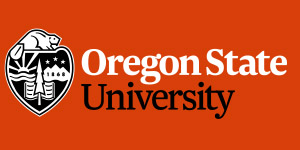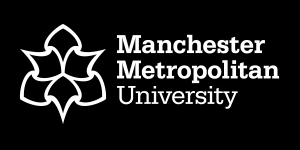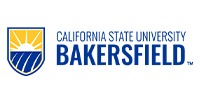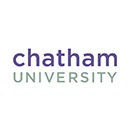Programme Type: Undergraduate
Course Overview
With access to our extensive workshop facilities – from 3D digital design software, laser cutting, CNC technology, and virtual reality and spatial tracking technology – you’ll have plenty of exciting opportunities to design and create prototypes of your work.
You’ll explore the manufacturing process from beginning to end, with an emphasis on design, and even challenge the definition of modern industrial design. The transferable skills that you’ll gain in this course will include making prototypes, presenting concepts to investors and developing a scientific understanding of materials and their interaction.
You’ll graduate with a wealth of knowledge and experience, ready to enter a variety of industries that have a production element – working on anything from cars to furniture, toys, or electronic devices, or in printmaking, 3D printing, and more.
Year One
In the first year, you'll learn idea pitching and presentation, generating ideas and enhancing visual skills.
You’ll undertake contextual studies, exploring companies such as LEGO and the challenges of mass-production, and build and make your first prototypes.
Creative Thinking
You'll be introduced to a range of core skills in concept development, and representation, through sketching, model making, diagramming, and time-based media by engaging with a series of design projects aimed at provoking a response to a design ‘problem’. You'll be encouraged to use digital tools to record and reflect upon the design process.
Context & History
You'll be introduced to historical and current contexts relating to industrial design, making and crafting culture. You'll learn how to use research to drive practice and will produce structured narratives in a range of media, exploring the ways in which design has impacted culture and vice versa. This unit is delivered through a series of lectures and research seminars. The unit runs alongside the Industrial Design 01 unit so that the two combine to provide a broad introduction to both the practical design development process and the historical context of design practice.
Tooling
You'll work through analogue and digital tooling processes to explore the iterative steps of making across a range of scales and materials. You'll become familiar with specific qualities of materials and how they might be formed, crafted or otherwise manipulated through the development of bespoke tools. You'll also make use of software to develop tool design ideas.
Industrial Design 01
You'll explore the fundamental processes of industrial design practice through product analysis, deconstruction, documentation and augmentation. You'll develop a range of skills to aid you in this analysis process, such as sketching and drawing, assembly/disassembly, accurate measurement in 3D space, material analysis and documentation of both the physical product and its intended market.
Embedded Systems
In Embedded Systems you build on your understanding of material systems but expand it into the realm of fabrication and adaptation. You learn about “adaptive re-use” for electromechanical systems and are encouraged to locate and acquire low voltage devices, toys or other systems which exhibit interesting or useful properties such as the conversion of rotational force to linear actuation, or systems with sensors or triggers. These systems are usually very well designed and can provide an excellent learning experience for understanding mechanical or electrical systems through reverse engineering. You'll develop new functions for these devices by utilising rapid fabrication to manufacture bespoke components.
Entry Requirement
Academic Requirements:
Along with your portfolio, the standard entry requirements* for this course are:
One of the following:
- 112 new UCAS tariff points,
- Pass at Foundation Diploma in Art & Design (Level 3 or 4)
- Distinction, Merit, Merit at BTEC Extended Diploma / BTEC National Extended Diploma
- Merit at UAL Extended Diploma
- 112 new UCAS tariff points from an accredited Access to Higher Education Diploma in the appropriate subject
- 27-30 total points in the International Baccalaureate Diploma with at least 15 IB points at a Higher level,
And four GCSE passes at grade A*-C and/or grade 4-9 including English (or Functional Skills English/Key Skills Communication Level 2).
Other relevant and equivalent Level 3 UK and international qualifications are considered on an individual basis, and we encourage students from diverse educational backgrounds to apply.
*We occasionally make offers that are lower than the standard entry criteria, to students who have faced difficulties that have affected their performance and who were expected to achieve higher results. We consider the strength of our applicants’ portfolios, as well as their grades - in these cases, a strong portfolio is especially important.
International Baccalaureate
If you are studying the International Baccalaureate, the number of points you need to achieve can vary depending on the strength of your portfolio and the number of Higher Level points you achieve. As a guide, the number of points applicants are usually asked to achieve is
- Bachelor’s courses (except BA (Hons) Architecture): 27 total points.
- BA (Hons) Architecture: 29 points.
- Four Year Bachelor’s and Further Education Courses: minimum of 24 points.
We do occasionally make offers lower than this entry criteria, to students with a strong portfolio or those who have faced difficulties that have affected their performance and who were expected to achieve a higher result.
English Language Requirements:
| Course | Test | Listening | Reading | Speaking | Writing | Total |
|---|---|---|---|---|---|---|
| International Foundation | UKVI IELTS | 4.5 | 4.5 | 4.5 | 4.5 | 5.0 |
| LanguageCert International ESOL SELT | 33 | 33 | 33 | 33 | B1 Achiever High Pass | |
| Pearson Test of English (PTE) Academic UKVI | 41.0 | 41.0 | 41.0 | 41.0 | 46.0 | |
| Course | Test | Listening | Reading | Speaking | Writing | Total |
| BA/BSc Courses | IELTS UKVI or Academic | 5.5 | 5.5 | 5.5 | 5.5 | 6.0 |
| Test of English as Foreign Language (TOEFL) iBT | 17 | 18 | 20 | 17 | 80 | |
| Pearson Test of English (Academic) | 51 | 51 | 51 | 51 | 56 | |
| Cambridge English Advanced (CAE) or Cambridge English Proficiency | 162 | 162 | 162 | 162 | 169 | |
| Trinity College London Integrated Skills in English (ISE) | Merit | Merit | Merit | Merit | ISE II | |
| LanguageCert International ESOL SELT | 33 | 33 | 33 | 33 | B2 Communicator High Pass |
Fees
UK students - £9250
EU students - £9250
International students - £16950 (standard fee)
International students - £16270 (full early payment fee)
This information was accurate on : 28/04/2021
Please contact us for more information about this courses



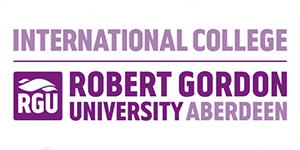
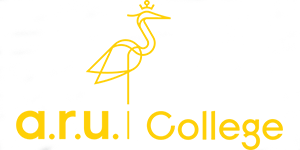




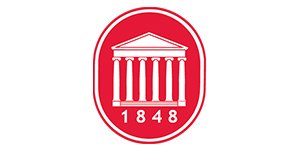
.jpg)

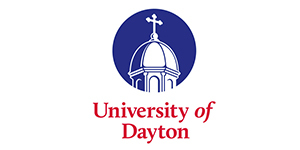
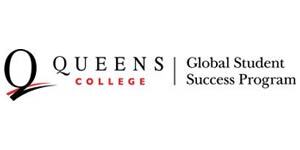
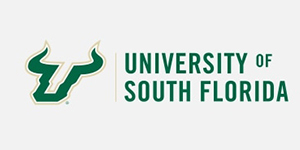
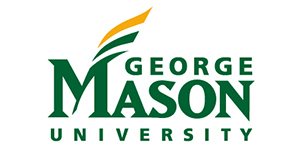

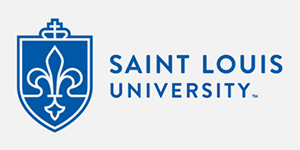

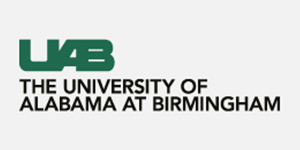

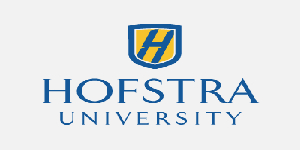
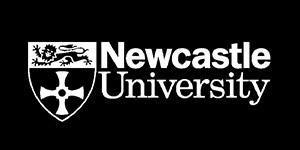
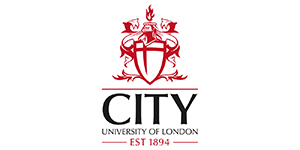




.jpg)


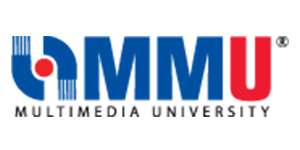
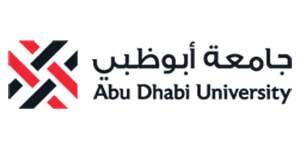
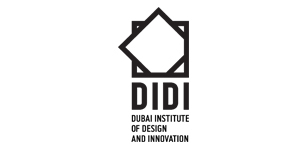
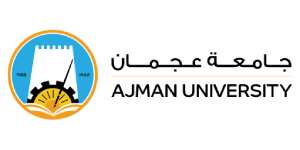
.jpg)
.jpg)
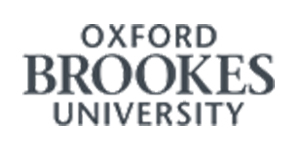


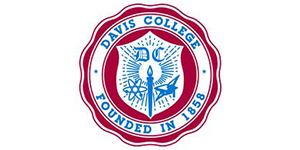

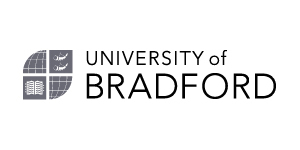
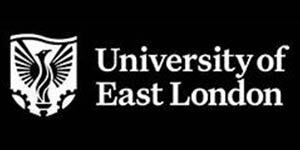







.jpg)
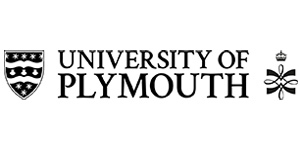
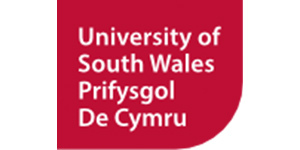



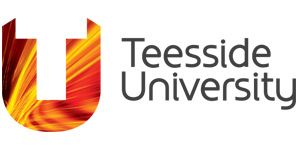
.jpg)
